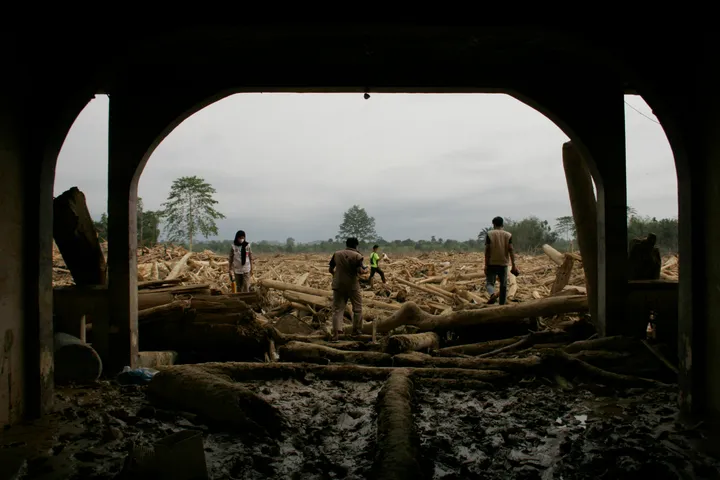After the chemical attack in Syria in 2013 the Obama administration did not follow through with its “red line” promise, but it was also the Europeans that did nothing. Despite the documented war crimes and atrocities committed by the Assad regime, the EU as a body, and European states in general have refrained from military action, choosing instead to repeat platitudes about human rights while doing nothing to defend them.
For years, the European Union, which prides itself in being a champion of international rights and norms, has utilised international law to refrain from taking action. It has expected the United States to do the ‘dirty work’ instead.
Meanwhile, powers like Russia used their veto powers and exploited the gaps in the international system to pursue their own interest to the cost of human lives. Rather than taking action, European states hid behind the need for ‘legal jurisdiction’ to mask their own incompetence. As was in the case of Syria, European governments and politicians would argue that a UN mandate is required while knowing fully well that the path towards it is blocked. Instead of admitting their own hesitation to take action, they framed their position within the argument of international law.
This was acknowledged by the former German Foreign Minister Sigmar Gabriel, who said: “We have always criticised the US for being the global police, and it was often appropriate to do so. But we are now seeing what happens when the US pulls back. There is no such thing as a vacuum in international politics. If the US leaves the room, other powers immediately walk in. In Syria, it's Russia and Iran. In trade policy, it's China.”
He also quoted political scientist Herfried Muenkler who argued, “If you only take normative positions, if your focus is solely on values, you won't find success in a world where others are relentlessly pursuing their interests. In a world full of meat-eaters, vegetarians have a tough time.”
The former German Foreign Minister’s argument needs to be discussed more in Europe, especially in cases where veto powers can block actions in line with international law.
The Syrian civil war stands as a visible and recent example of this. If in the early days of the war, a No-Fly Zone or a safe-zone had been imposed in Syria, thousands of human lives could have been saved. A refugee flow that changed the demography in Syria and caused major crises in Turkiye, Lebanon, Jordan, and Europe would not have happened. More importantly, Syria would have not be in such a dire humanitarian situation that ultimately facilitated the growth of terrorist groups by providing them with a big pool from which to recruit.
Here’s what happened instead. Russia used its veto power to protect its client and secure its interests at the cost of hundreds of thousands of lifes and immeasurable human suffering. On the other side, the Europeans found themselves in a new situation. Hesitant to replace the US as ‘world police’ EU capitals defended their inaction by referring to international law, and demanded a UN resolution that they knew would not materialise.
Yet action was possible. Turkiye, for example, did take action in Syria - not only for its own national security but also for the sake of Syrians. Turkiye currently protects or hosts nine million Syrians in Turkiye and Syria. Turkiye could have handed over the areas cleared of the YPG/PKK and Daesh to Russia, Iran and the Assad regime, but Ankara is using its leverage to prevent a military solution and to protect Syrians from slaughter. Turkiye maintained this policy even after losing 34 soldiers in a single airstrike in Syria’s Idlib in February 2020.
While Turkiye has prevented a mass migration wave to Turkiye and to Europe, European states did not take action. European states welcome Turkish actions in Idlib, express solidarity but do little else. In fact, the EU refuses to provide financial aid to people in Turkish-protected areas - except for those in Idlib. The EU also calls for Turkiye to withdraw from its positions in Syria - except for Idlib.
When Turkiye and the Syrian Interim Government launched Operation Peace Spring, the former German Defence Minister Annegret Kramp-Karrenbauer suggested the creation of a safe-zone under international control. This suggestion was rejected by the German Foreign Minister. This public confusion and the inability of European states to come up with a viable option speaks for itself. The only thing European states are capable of is imposing sanctions and providing financial aid.
European states need to understand two key points. First, using the international law argument the way they do helps render international laws ineffective. This, of course, is not to advocate ignoring international law or encouraging illegitimate military action, but to underline the hypocrisy among European nations to avoid taking responsibility.
Second, European states should acknowledge their incompetence, work on capacity building and support those who do take action. By doing so, the European states would help more people, and facilitate the actions of the ones who take responsibility instead of sitting on the sidelines and criticising them.
























